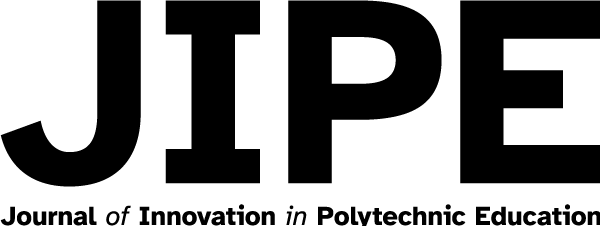Read editorials and articles that we’ve submitted to national and regional media outlets across Canada. These feature a few of the ways Canadian polytechnics are contributing on topics of national interest.
In Canada’s housing crisis, skilled tradespeople as essential as blueprints. Here’s how Ottawa can grow their numbers
Canada is facing its worst housing affordability crisis in decades, putting home ownership out of reach for many young people looking to get a foothold in the market.
Despite federal investments designed to boost housing supply and expedite building approvals, the need for millions of new homes comes with additional challenges. At least as urgent as freeing up land and issuing building permits is the need for skilled tradespeople able to turn blueprints into bathrooms and concepts into kitchens.






